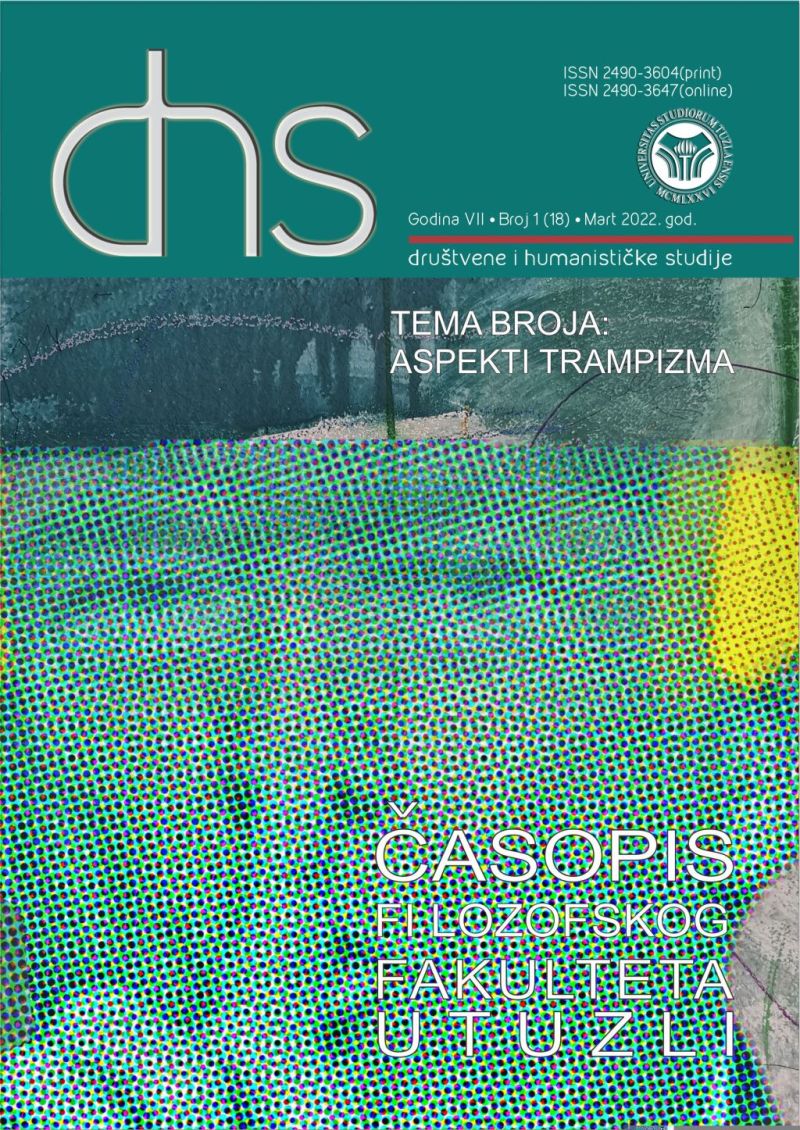Razvoj ekološkog odgoja i obrazovanja kroz vannastavne aktivnosti
Developing Ecological Education Through Extracurricular Activities
Author(s): Vanesa DelalićSubject(s): Education, Environmental Geography, Environmental interactions
Published by: Filozofski fakultet Univerziteta u Tuzli
Keywords: ecological education; teacher; student; eco-program and projects;
Summary/Abstract: The ecological dimension of education should entail all the elements of contemporary ecological culture and personality structure. The school, fulfilling its role as an educational institution, should embrace its share of responsibility for promoting and fostering ecological education, and the process itself should be viewed as a valuable and stimulating activity that instills positive values in students, improves critical thinking skills, and develops active attitudes towards oneself, but also towards other people, nature, society and culture as a whole. Ecological education should be grounded in acquiring knowledge about natural processes, the interconnectedness of global developments, and their effect on human populations and the environment. Young learners best learn about nature through play, i.e., they learn by doing and cooperating. The activities conducted in schools are mostly of the practical type, or lessons for life: collecting scrap paper, sorting waste and recyclables, taking care of seedlings and plants, promoting ecology on important dates. Actively involving students in maintaining their schoolyard teaches them key values, namely that their involvement matters and contributes to a healthier, more pleasant environment. Ecological projects born out of student-adult cooperation and engaging local communities aim to convey important messages about ecology, raise awareness and foster the adoption of positive attitudes towards nature and community. This paper will present positive examples and key characteristics of good practices of the Eco Club in “Miroslav Krleža” Elementary School. It will also suggest the most acceptable activities by outlining several didactic-methodological proposals that may be of use to students of educational colleges, as well as to elementary school teachers who run eco clubs or wish to start extracurricular activities in the field of ecology.
Journal: DHS-Društvene i humanističke studije: časopis Filozofskog fakulteta u Tuzli
- Issue Year: XVIII/2022
- Issue No: 18
- Page Range: 435-450
- Page Count: 16
- Language: Bosnian

